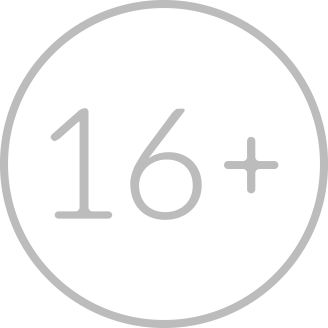INTRODUCTION AND USE OF MODERN TECHNOLOGIES IN ADDITIONAL PROFESSIONAL EDUCATION
Shchetinin R.B.
OGBU DPO TOIPKRO (Tomsk, Russia), associate professor of the department of continuous professional development and methodological support of teachers, candidate of philological sciences.
Efimenko A.A.
Tomsk IPKR of the FPS of Russia (Tomsk, Russia), candidate of Pedagogical Sciences, the senior lecturer of the department of staff, social, psychological and educational work organization.
Annotation:
In the system of modern education, many areas of activity undergo changes that further affect the principles and patterns of learning. Modern pedagogical science cannot be imagined without information technology, in particular, the use of various forms of distance education in the training of students. A distinctive feature of such training is the reduction of costs and time for conducting, independent time planning, improving the quality of training through the use of modern tools and electronic libraries, involve a large number of students, as well as creating a unified educational environment. The article reflects the problems and prospects of the development of distance education in the system of vocational training, vocational education and additional professional education. Undoubtedly, the issue of a clear idea of the possibility of the transition of an educational organization to distance learning becomes important. It is imperative to prepare the faculty for the introduction of new technologies, train them in new information technologies and develop an internal base of legal acts governing the implementation and conduct of distance learning.
Keywords:
pedagogical and computer technologies; distance learning; staff retraining; additional professional education.

